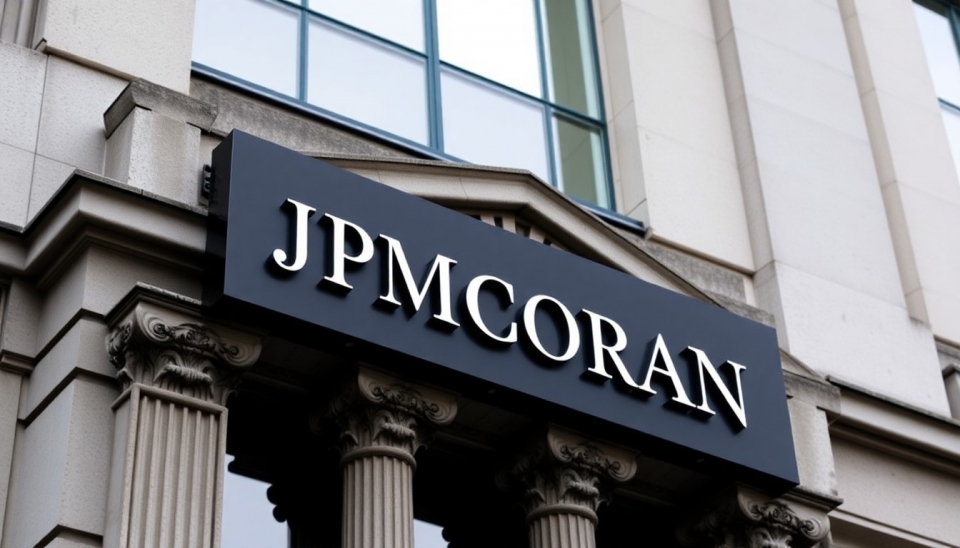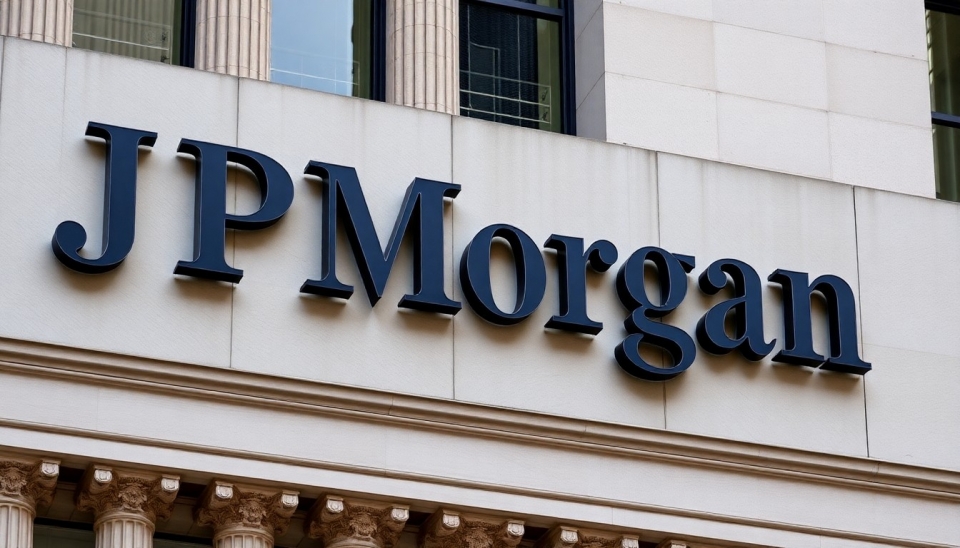
As the United States braces for the implications of a new Trump administration, JPMorgan Chase & Co. is preparing for what they anticipate will be a transformative first two years under the re-elected president. According to analysts at the banking giant, this period could witness major shifts in economic policies, regulatory frameworks, and overall market dynamics.
JPMorgan's strategy division has been closely monitoring the rise of Trump’s influence on both domestic and foreign affairs and is positioning itself to capitalize on potential opportunities that could arise. The analysts suggest that the administration’s focus on tax reforms, infrastructure spending, and deregulation could significantly affect various sectors, particularly energy, financial services, and technology.
One of the major areas of focus for JPMorgan is the anticipated overhaul of the financial regulatory landscape. The analysts predict that the Trump administration will work towards easing the stringent regulations put in place following the 2008 financial crisis. This could provide greater flexibility for banks, including JPMorgan, to engage in riskier investments, fostering a more accommodating environment for business growth. However, they also caution that this could lead to increased volatility in financial markets.
Moreover, the impending infrastructure spending proposed by Trump is seen as a potential boon for economic growth. JPMorgan foresees significant investment in construction and development projects, which could provide a boost to employment and stimulate a variety of related industries including transportation, materials, and real estate.
Despite the expected advantages, JPMorgan acknowledges potential risks that come with Trump’s presidency. The banking firm cites international relations as an area where uncertainty reigns, especially regarding trade policies. The analysts note that Trump's approach to trade could lead to tensions with key economic partners, impacting global supply chains and international markets.
Additionally, the prospect of inflation rising due to increased government spending and potential wage hikes poses a challenge that JPMorgan is keenly aware of. The financial institution is preparing its clients for the possibility of higher interest rates in response to inflationary pressures, which could affect consumer borrowing and overall economic growth.
As JPMorgan continues to dissect the implications of Trump's presidency for their operations and clientele, the bank remains cautious yet optimistic about navigating the new landscape. They emphasize a strategy focused on adaptability and foresight to ensure resilience in unpredictable economic conditions.
In conclusion, JPMorgan is bracing itself for an impactful two years under Trump, with expectations of significant policy changes that could reshape the economy. Their analysis and actions over this period could set the tone for how major financial institutions operate and respond in a rapidly changing environment.
#JPMorgan #TrumpAdministration #EconomicImpact #FinancialMarkets #TradePolicy #InfrastructureInvestment #BankingSector #MarketVolatility #Inflation #Deregulation
Author: Emily Collins




